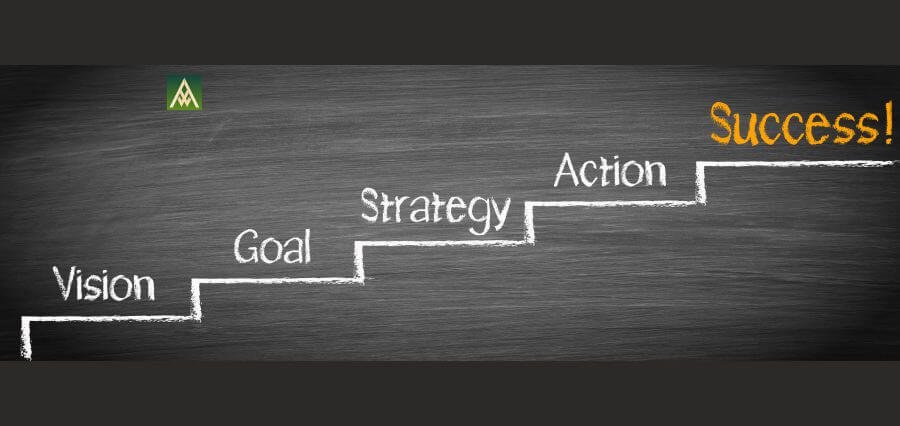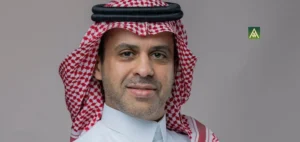In the fast-changing business landscape of the present day, change is no longer an interim state—it’s an ongoing reality. Organizations are transforming, restructuring, and redefining themselves in answer to market pressures, digital disruption, and global uncertainty. In the midst of this continuous speed, the task for leaders isn’t just to begin change, but to continue it.
Sustainable transformation does not spring from mandates or management fiat. It is fostered from the inside out—through self-aware, emotionally intelligent leadership that values long-term development over short-term gains. This is where coaching comes in—not as a performance trick, but as a profoundly human, transformative process that converts good intentions into lasting change.
Redefining Leadership from the Inside Out
Classic leadership frameworks have typically promoted control, authority, and directive power. Effective in stable contexts, these methods are at loss when uncertainty and complexity arise. Contemporary leadership demands something more: flexibility, humility, and genuineness. It demands leaders to first look inward before they can lead outward.
Coaching is what facilitates this inner work. Coaching pushes leaders to examine their mindset, values, and habits. Coaching offers a contained space for exploration, clarity, and recalibration. By so doing, coaching allows leaders to establish trust, inclusion, and inspire others—yet not by force, but by alignment and presence.
The leaders who lead sustainable change are those who are in constant evolution themselves. They don’t merely respond to disruption; they sense and drive it by developing the internal clarity needed to make reflective, purpose-driven choices. Coaching facilitates that evolution.
Coaching and the Psychology of Change
At its essence, coaching drives behavior change. It takes individuals from awareness to action, from insight to influence. This psychological transformation is critical to enduring change, which means something more than surface-level changes—it means a shift in how people think, act, and work together.
In contrast to training initiatives or strategy implementations, coaching is by nature customized. It speaks to the individual’s resistance, motivation, and aspirations. It recognizes that change is not in standard sizes, but a subtle process of unleashing potential, one conversation at a time.
For organizations, this translates into the fact that coaching no longer just reaches the top level of leadership—it has a ripple effect. Coached leaders are improved communicators, more empathetic managers, and more resilient change agents. Over time, this instills a culture where growth is on-going and change becomes a shared sense of responsibility rather than something imposed on them from above.
From Performance to Purpose
Coaching also transforms the focus of leadership from performance to purpose. Metrics, KPIs, and quarterly objectives are still relevant, but sustainable change relies on deeper alignment—between personal values and organizational missions, between individual strengths and team objectives.
Purpose is what holds together in moments of doubt. Purpose brings meaning to change efforts and encourages individuals to move beyond mere compliance. When leaders act from a purpose—focused and reaffirmed through coaching—they encourage others to find their own “why.”
In addition, coaching holds people accountable not only for results, but for integrity. It keeps leaders mindful that how they arrive matters as much as what they accomplish. This ethical compass is what drives sustainability when things get tough and quick fixes threaten compromise.
Building Cultures That Endure
The advantages of coaching spread beyond individuals. Organizations that integrate coaching into their culture create cultures in which feedback is cherished, growth is promoted, and trust is the foundation. In such cultures, change is not dreaded—it is used as a chance for everyone’s evolution.
This cultural evolution is what allows for sustainability. Procedures and policies can shape conduct, but it is culture that moves it. Coaching supports the cultural DNA required to foster innovation, agility, and inclusion in the long term.
Leaders who regularly coach their teams—who question rather than command, who listen rather than lecture—set the stage for an empowered, collaborative workplace. They transform transactional spaces into transformational spaces.
Coaching and Long-Term Impact
Sustainable change takes more than temporary buy-in—it takes sustained commitment and internalization. That is why coaching works so well: it creates lasting changes. Because it is voluntary, reflective, and action-oriented, coaching helps individuals create new habits, not merely new goals.
For high-impact organizations, that means investing in coaching isn’t a soft skill initiative—it’s a strategic necessity. It keeps people from leaving, gets them more engaged, and develops leaders who are ready for complexity, not merely for routine.
As industries continue to change, the organizations that will succeed are those that develop from within. Coaching instills the kind of leadership that is responsive, resilient, and empathy-based—qualities that last, even when the situation changes.
Conclusion: Change That Begins with Self
In a world starved for change, it’s tempting to seek outside answers—new systems, new employees, new technologies. But the most robust and enduring changes start with the leader. When leaders are courageous enough to challenge their assumptions, move toward vulnerability, and lead with curiosity and courage, the effects spread outward.
Coaching is not a silver bullet. It’s a deep process of inner alignment that allows for outer impact. It asks leaders to shift beyond the practice of change management to living change. And doing so, it releases a rare form of influence—one that is lasting, human, and authentic.
Ultimately, lasting change isn’t about doing more—it’s about being more. And coaching is the driver that makes that happen.
Read More: The Coaching Edge: Unlocking Human Potential in Business and Life




